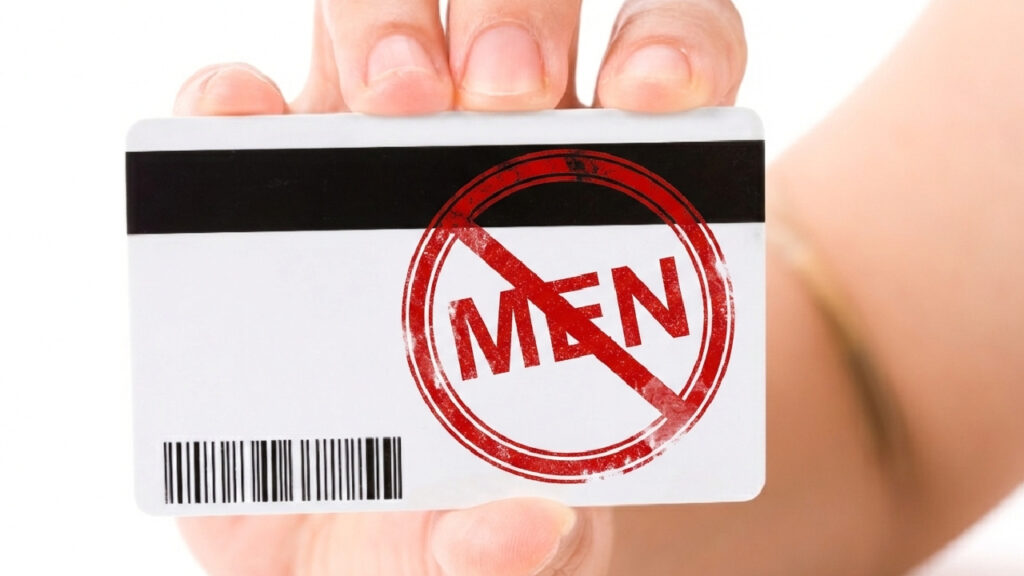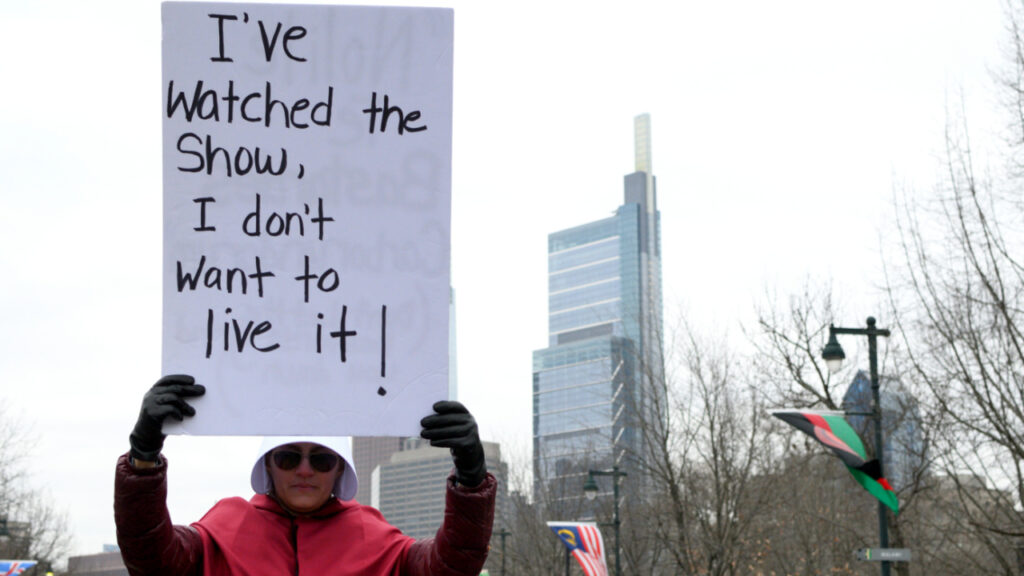
How to Navigate Grief During the Holidays When There’s an Empty Chair at the Table
Coquito’s aplenty, Mariah Carey’s “All I Want For Christmas Is You” is on repeat, and the pernil is slow-roasting, with the smell of arroz con gandules wafting from the kitchen. I’ve always looked forward to celebrating the holidays because they were filled with joy and warmth. Our little family table brimmed with love, laughter, and incredible food—until one year, it didn’t.
The holidays were once the time of year I cherished most, but now? I dread them. After losing my dad and grandma back-to-back in the same year, I find myself floating through November and December, wishing the time would pass quickly. To this day, I struggle to find my holiday spirit. If you’re reading this and feel the same, I want to tell you—that’s absolutely okay.
The holidays are supposed to be a time of joy and love, but after losing someone you love, it’s often the opposite. Grief is a journey that takes courage, showing up in unexpected ways and, at unexpected times, asking us to learn how to live with it daily. In my last piece, I shared the struggles of caregiving and the overwhelming guilt that comes with loss. But I left out the coping tools and small, intentional acts that have kept me going. From finding strength in my community to creating new traditions in my dad’s honor, these practices have been lifelines in my healing process. Grief can also be a celebration of life—and what better time for a celebration than the holidays?

Grieving Is Not a Sport to Compete in Alone
Let’s not sugarcoat it—grief is a downer. It can feel like there’s never a right moment to express your feelings. When someone asks, “How are you?” the last thing you want to say is how you really feel: sad, frustrated, angry, or in pain. But if there’s ever a time to be honest and share your truth, it’s now.
Not everyone will be the right person to confide in. (Trust me, I’ve awkwardly told coworkers how sad I felt, and it made the room unbearable.) But grief isn’t something to battle alone. I used to treat it like a solo competition, but all that did was make me feel worse.
I owe much of my growth to my best friend Jesenia. She never rushed my healing or made me feel like I needed to “just get over it.” She listened when I wanted to talk and gave me a safe space to cry when words wouldn’t come out. Over time, I realized how much better I felt when I let my feelings out.
If sadness overtakes you this holiday season, tell someone close to you. People we trust can help us heal in unexpected ways. If the sadness feels overwhelming at the family dinner table, take a leap of faith and share how you feel. You’re probably not the only one feeling that way.
Building New Traditions to Honor Their Memory
Recently, someone asked if I had holiday traditions. A part of me felt like I had failed because I don’t. For the past four years, the holidays have felt like a last-minute, up-in-the-air experience. If you’re like me, after a great loss, you might not have the energy to plan traditions—or the thought of continuing old ones might feel more like a downer than a celebration.
But what if you created something new to honor those you’ve lost? What if you kept your ofrenda up through January? Or placed a photo of your loved one at their usual seat at the table? What if you shared a memory of them during your turn to say what you’re thankful for?
My dad made a cranberry sauce with my mom that stole the show every holiday dinner. This year, I’ll carry on that tradition. Keep making their favorite dish, playing the songs they loved, or dancing to the music they once did. These small gestures can keep their memory alive and help you find joy amidst the grief.

Holding on to the Keepsakes That Matter
Sorting through my dad’s belongings was tough, but I kept a few pieces of his clothing that bring me comfort to this day. When I miss his bear hugs, I reach for one of his sweaters. I carry a “Dad” keychain from my first trip to L.A., and his furry Mets dice hang in my car.
But my favorite keepsake finds me, rather than the other way around. At his funeral, someone suggested saying the Serenity Prayer, but I couldn’t remember it by heart. Thankfully, we had memorial cards with the prayer printed on them, and the one I grabbed had a rainbow on it. Now, rainbows appear in the most random moments, bringing me peace.
If you have something that connects you to your loved one, keep it close. These small reminders can serve as symbols that they’re still with you, even when they feel far away.
Healing Through Movement, Rest, and Feeling Everything
The holidays can make you feel extra lazy—and grief adds another layer of exhaustion. By the end of the year, I often feel burnt out from running around. In that first year after losing my dad, I spent a lot of time napping, crying, and trying to stay busy to avoid my thoughts.
Eventually, I realized I needed to listen to my body and give it what it needed. Movement became a way to process my emotions. Yoga, meditation, cardio, and even walks helped me find a rhythm that worked. Moving your body can clear your mind, feed your soul, and give you a sense of control.
And remember, it’s okay to cry. If someone says, “Today is supposed to be a happy day,” ignore them. Grief demands to be felt, and bottling it up will only cause it to spill out later in ways you can’t control.
The Power of Writing and Therapy
I won’t deny that retail therapy helps in the short term, but if you’re adding something to your shopping list, let it be a good journal. Freewriting was one of my most important coping tools. Writing out every thought, no matter how messy, felt like a deep clean for my soul.
Therapy was another lifeline. It took time to find the right therapist, but setting goals in our sessions helped me measure my healing journey. Sometimes, that goal was something small, like planning an exit strategy for family gatherings to avoid a dreaded “Spanish goodbye.”

Grief Is Love That Still Needs Expression
The holidays are hard, especially when there’s an empty chair at the table. But grief is also the greatest expression of love that can no longer be directed toward the person who has left us. This season, share your grief as if it were a gift. Let it remind you of the love you still carry, and instead of bottling it up, give it back to yourself and share it with others.
That’s how the empty chairs around the table—and in your heart—start to feel a little more full.
Jenni Ruiza is a Bronx-based comedic actress, writer, singer, and producer. She began her professional career in 2011 when she signed on as a writer and featured player for the sketch comedy show “Ay Que Funny” created by comedian Jesenia. Jenni has since gained credits as co-writer/producer for the hit web series, “Becoming Ricardo,” performing musical improv with The LocoMotives around NYC, and as a regular commentator for ABC Fusion’s “Come Here and Say That” and Buzzfeed’s “That Literally Happened.” Jenni continues to gain credits in film, digital media, and commercials. The kind of content that resonates deeply with Jenni explores mental health, grief, and self-inflicted toxicity by way of intergenerational trauma—all grounded in humor. You can find Jenni in the upcoming films, “Playing Sam” and “Honey” and on HBO’s “Fantasmas” with Julio Torres.




